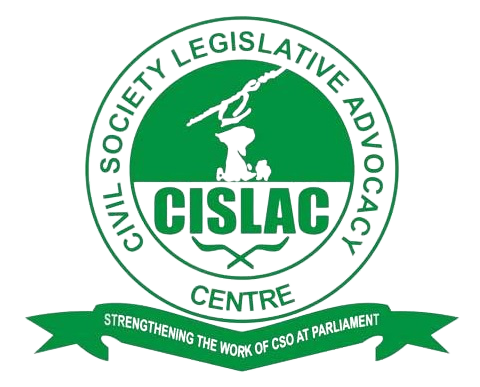What the Federal Republic of Nigeria imposes as tax burden on Tabacco products, namely, manufactured cigarettes, hand-rolled cigarettes, tobacco-filled pipes and/or cigars is way below the recommendation by the World Health Organisation (WHO) NEGROIDHAVEN has confirmed.
This disclosure was made by Civil Society Legislative Advocacy Centre (CISLAC) in collaboration with Tax Justice Network in Africa during a One-day Training for Relevant State Government MDAs and CSOs on Tobacco Tax, Levies and Fines held in Calabar within the week in Calabar the Cross River state capital city.
During the course of the One-day Training, it was gleaned from the facilitators that Article 6 of the World Health Organisation Framework Convention on Tobacco Control (WHO-FCTC) had recommended that tax and price measures are important ways of reducing tobacco prevalence. Particularly, the WHO-FCTC says that 75% tax burden should be imposed on retail prices of cigarettes.
According to a September 2019 research project report conducted by CISLAC on the Effects of Increased Tobacco Tax on Tobacco Consumption in Nigeria, which was introduced to the participants, and cited by our correspondent observes that, ‘cases of tobacco taxation fell below the WHO-recommended tax burden of 75% on retail prices of cigarettes’.
In his welcome address, Okeke Anya noted that ‘the ongoing tobacco mixed-tax regime was adopted by the federal government in June 2018. Two major changes were introduced: imposition of specific tax in addition to existing ad valorem, and an increase in total excise tax. The three-year span policy directive maintains the previous 20% ad valorem rate per pack of cigarettes, and attracts additional N20 specific tax in 2018, N40 in 2019, and eventually N58 in 2020.

‘However, while the projected tax increase is likely to positively but marginally affect health and fiscal outcomes, overall tax burden in Nigeria would still be way below the 75% WHO recommended tax burden and excludes the inflation-adjusted best practices. Evidence shows that the tax increment puts overall tax burden at 16.4%, a meagre increase of 4.4% from the current level.’
In Africa, Nigeria, Egypt and South Africa are the biggest markets for tobacco as the smoking prevalence among adults in Nigeria is pegged at 5.6% who smoke at least 8 sticks per day as at 2017; this is a fraction of the 2.4 million smoking adults. 18% of Nigerian youths between the age bracket of 13 and 15 are known to smoke tobacco products. Meanwhile, Nigeria records 17,500 deaths per year with almost 207 and 130 of such weekly deaths being men and women respectively.










